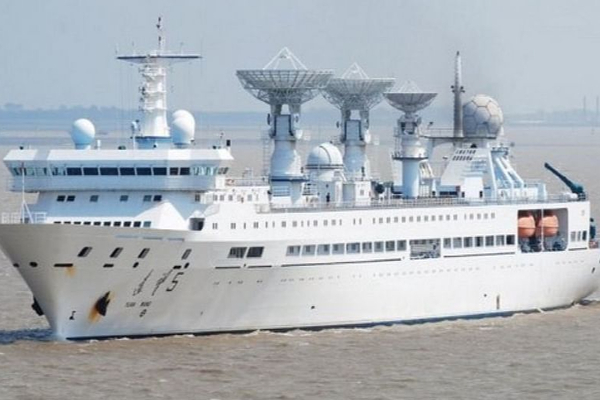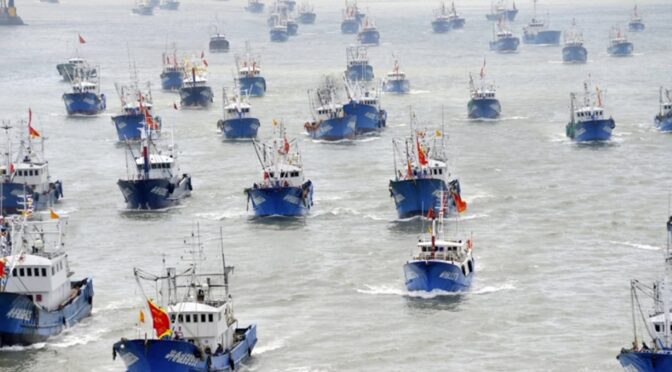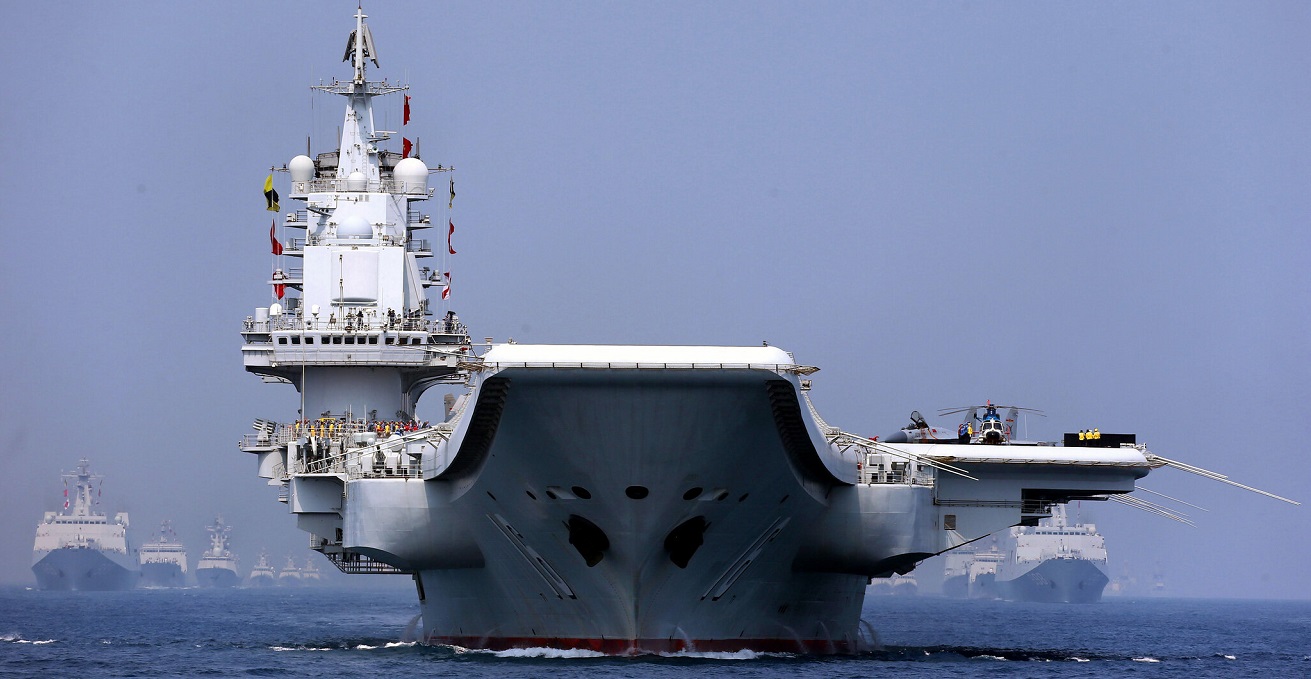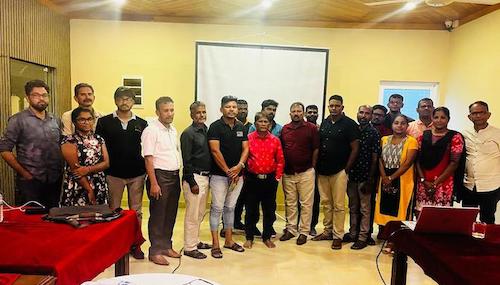Dissecting South Africa’s pact with the devil
-
Marco Spagnolo | January 29, 2024
South Africa is a Nation that most of the free world until now had associated with the liberation from Apartheid, in itself a valuable symbol of human progress. Since today,…
US sanctions have not exhausted Russia – Prof. Vadim B.Kozyulin
-
A.Jathindra | January 18, 2024
Dr. Kozyulin is a Professor of the Academy of Military Science. Currently, he is a Head of the Center for Global Studies & International Relations, The Institute of Contemporary International…
Hamas must be obliterated – Lt. Col. Maurice Hirsch
Lt. Col. (res.) Maurice Hirsch is the director of the Initiative for Palestinian Authority Accountability and Reform in the Jerusalem Center for Public Affairs, a senior legal analyst for Human…
Chinese ships visit crisis; Sri Lanka’s tactful decision
-
Veeragathy Thanabalasingham | December 22, 2023
The Sri Lankan government has taken a tactful decision to avoid a geopolitical, diplomatic crisis resulting from pressures, usually from India and, more recently, from the US and Japan, due…
Sri Lanka’s Fishers see China as a disruptor
-
A.Jathindra | November 4, 2023
China's footholds in Sri Lanka continue to be complex in the Indian Ocean Region. Amidst the controversies surrounding the arrival of the Chinese maritime research vessels in Colombo, Sri Lanka's…
China’s Secret “Blue Dragon” Strategy: Can US Containment Policy Succeed?
-
Professor Patrick Mendis and Professor Antonina Luszczykiewicz | October 30, 2023
By Professor Patrick Mendis and Professor Antonina Luszczykiewicz China’s “Blue Dragon” strategy seeks to upend Washington’s containment policy and breakout of strategic bottlenecks through leveraging national defence and development across…
Is Sri Lanka’s short-sighted approach towards China pushing India towards tougher action?
-
A.Jathindra | October 26, 2023
Dancing with the Devil is a book written by investigative writer Rodney Barker. It is a book about an espionage case in the Cold War era. When looking at Sri…
Israel has a list of achievable objectives – Bren Carlill
The attack by Hamas is seen as the worst massacre of Jews since the Holocaust. What will be the reaction of the Zionist world? Decent people across the entire world…
Featured Posts
View AllEvents
View AllSeminar on Sri Lanka’s Foreign Policy
CSST organised a seminar for Trincomalee-based media correspondents on understanding Sri Lanka's foreign policy. The seminar was held at the JAKAB PARK hotel on 01.05.2023, Trincomalee. CSST’s executive director and…
Conference on India’s G20: Implications for Indo-Pacific
India last month began its year-long presidency of the most powerful grouping, the G20. It is a watershed movement for India and South Asia. Against this backdrop, the Center for…
Interviews
View AllIndia – Israel relations are more open and visible – Nina Slama
-
A.Jathindra | March 15, 2024
Amidst the war in Gaza, there is a view that India-Israel ties have reached a new milestone. What are your thoughts? India and Israel are strategic partners. They are collaborating…
Antagonizing India is not a wise decision for a small state like the Maldives – Rasheeda M. Didi
You have worked with Mohamed Nasheed’s government, which has maintained strong ties with India. However, now the situation has dramatically changed. There is a diplomatic row between the two countries.…
US sanctions have not exhausted Russia – Prof. Vadim B.Kozyulin
-
A.Jathindra | January 18, 2024
Dr. Kozyulin is a Professor of the Academy of Military Science. Currently, he is a Head of the Center for Global Studies & International Relations, The Institute of Contemporary International…
Hamas must be obliterated – Lt. Col. Maurice Hirsch
Lt. Col. (res.) Maurice Hirsch is the director of the Initiative for Palestinian Authority Accountability and Reform in the Jerusalem Center for Public Affairs, a senior legal analyst for Human…












